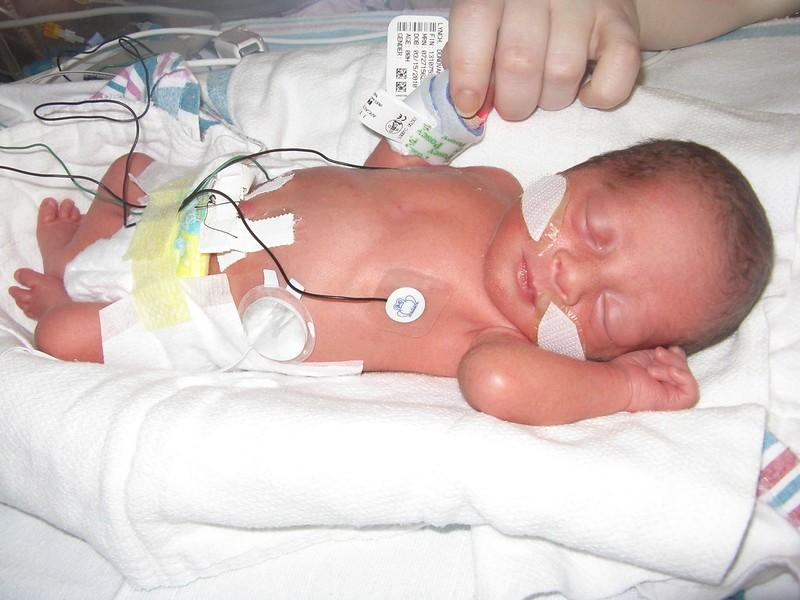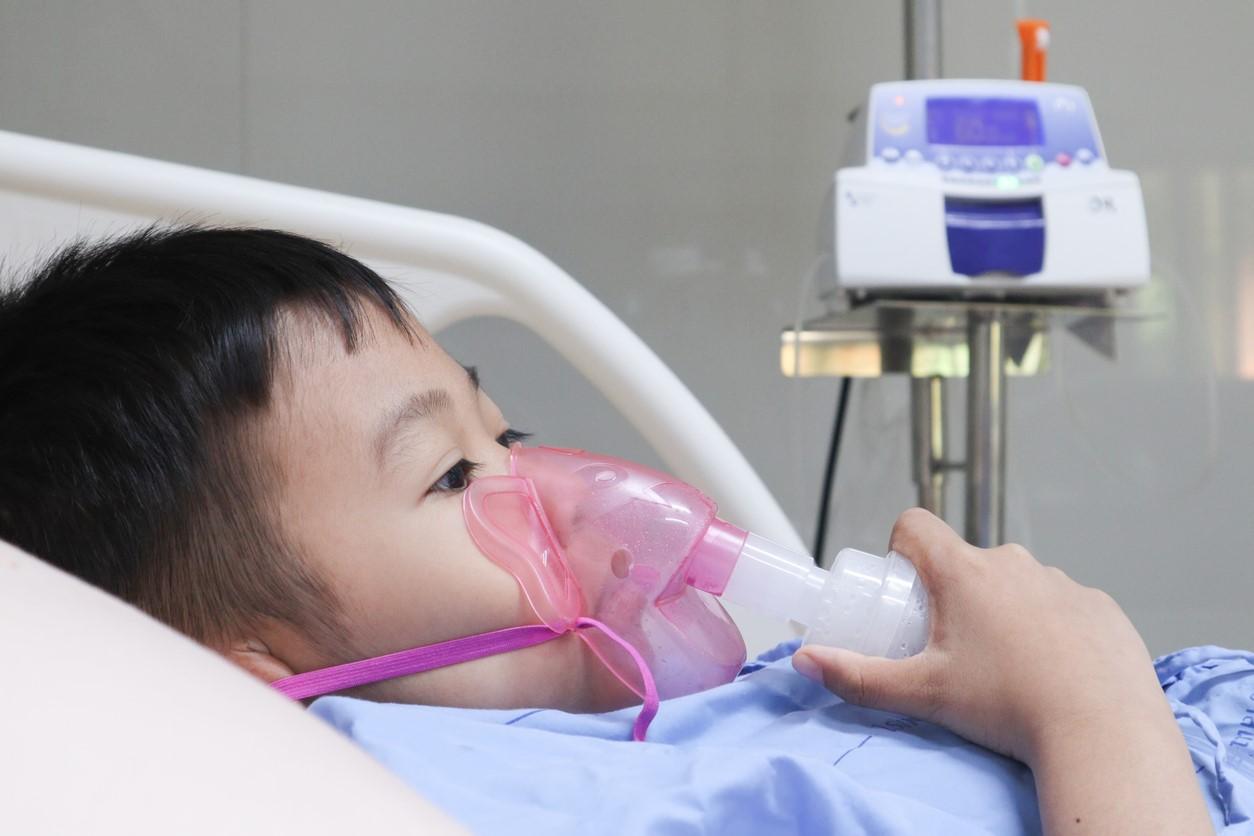
Among hospitalized preterm infants given their routine 2-month vaccinations, 24% had at least one apnea episode within 48 hours, compared with 10% of unvaccinated infants, but the average number and duration of the episodes didn't differ significantly between the groups, and there were no serious adverse events, concludes a randomized clinical trial published yesterday in JAMA Pediatrics.
The Duke University–led trial involved 223 6- to 12-week-old infants born before 33 weeks' gestation at three US neonatal intensive care units from August 2018 to October 2021. In total, 105 were vaccinated, and 116 were unvaccinated. Apnea was defined as a respiratory pause longer than 20 seconds or a pause longer than 15 seconds with less than 80 heartbeats per minute.
Immunized infants were vaccinated against pneumococcal disease; diphtheria, tetanus, and acellular pertussis; hepatitis B; polio; and Haemophilus influenzae type b within 12 hours of randomization.
The perceived risk of post-vaccination apnea in preterm infants likely contributes to undervaccination in this group, the study authors said.
"Preterm infants are recommended to receive most vaccinations at the same postnatal age as term infants," they wrote. "Nonetheless, only half of infants discharged from the neonatal intensive care unit (NICU) after lengths of stay of 60 days or longer are fully vaccinated, and preterm infants have been shown to be underimmunized at older ages."
Findings support current vaccine guidance
The proportion of infants with one or more apnea event was 24% in the vaccinated group and 10% in the unvaccinated group (adjusted odds ratio, 2.70). The average number of episodes didn't differ significantly (model point estimate of difference, 0.54) between vaccinated (2.72) and unvaccinated (2.00) infants. Nor did the average length of episodes (model point estimate of difference, 4.6) between the groups (27.7 and 32.3, respectively). No serious adverse events occurred.
These findings support current recommendations to vaccinate most hospitalized preterm infants at 2 months’ chronological age; neonatal clinicians should continue to provide evidence-based anticipatory guidance about postvaccination apnea risk.
"These findings support current recommendations to vaccinate most hospitalized preterm infants at 2 months’ chronological age; neonatal clinicians should continue to provide evidence-based anticipatory guidance about postvaccination apnea risk," the researchers wrote.

.jpg)












